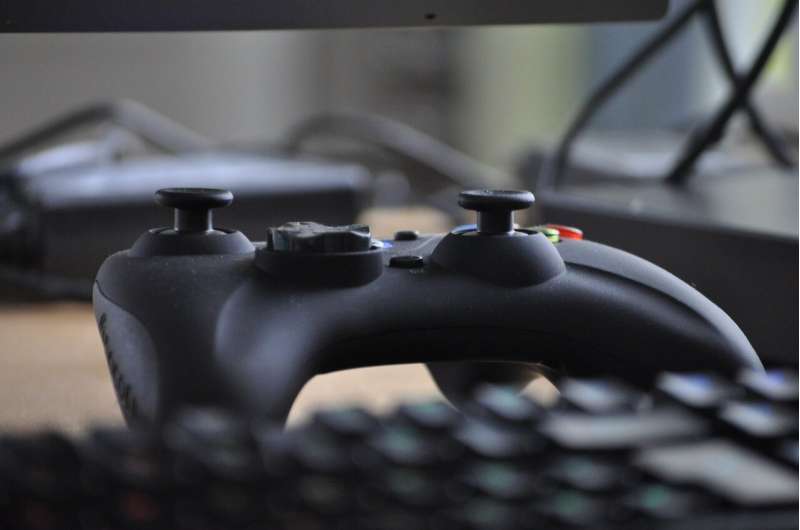Virtual games help people stand and walk in rehab

Virtual reality video games, activity monitors, and handheld computer devices can help people stand as well as walk, the largest trial worldwide into the effects of digital devices in rehabilitation has found.
Participants used on average four different devices while in hospital and two different devices when at home. Fitbits were the most commonly used digital device but also tested on people in hospital and at home were a suite of devices like Xbox, Wii and iPads, making the exercises more interactive and enabling remote connection with their physiotherapist.
Trial participants were recovering from strokes, brain injuries, falls and fractures. The study was undertaken at hospitals in Sydney and Adelaide and had 300 participants ranging from 18 to 101 years old.
Those who exercised using digital devices in addition to their usual rehabilitation were found to have better mobility (walking, standing up and balance) after three weeks and six months.
The results are published in PLOS Medicine.
The study is not only the largest (e.g. other similar studies were small with half of studies conducted in stroke rehabilitation having less than 25 participants) but also was comprehensive in that it included a range of devices. In addition, the type of digital devices for each participant was chosen to best suit the patient's walking and standing problems as well as taking into account their preferences and rehabilitation goals.
Lead author Dr. Leanne Hassett from the University of Sydney said benefits reported by patients using the digital devices in rehabilitation included variety, fun, feedback about performance, cognitive challenge, enabled additional exercise and potential to use the devices with others (e.g. family, therapists and other patients).
"These benefits meant patients were more likely to continue their therapy when and where it suited them, with the assistance of digital health care, said Dr. Hassett, from the Faculty of Medicine and Health.
Dr. Hassett, from the, said the results found people were young at heart when it came to devices.
"Participants loved Fitbits; one woman would demand to put it on in the middle of the night before she went to the toilet, to make sure all her steps were counted," said Dr. Hassett, who is a Senior Research Fellow in the Institute for Musculoskeletal Health and Senior Lecturer in the Discipline of Physiotherapy.
"This model of rehabilitation therapy proved to be feasible and enjoyable, and demonstrated that it could be used across different care settings, such as post-hospital rehabilitation, with mostly remote support by the physiotherapist.
"The study shows that future physical rehabilitation models should look at including digital devices to improve both inpatient and post-hospital rehabilitation."
The digital devices included virtual reality video games, activity monitors and hand-held computer devices aimed to enable a higher dose of therapy.
Physiotherapists worked with participants to choose the devices that were most suitable for each individual. Devices were used when participants were in hospital and after they returned home.
The trial took place in Sydney's Liverpool Hospital, Bankstown-Lidcombe Hospital and Adelaide's Repatriation General Hospital.
Research physiotherapists to deliver the study; the next step will be to trial the approach into clinical practice by incorporating it into the work of physiotherapists; recruitment for this is likely in 12 to 18 months.
More information: PLOS Medicine (2020). DOI: 10.1371/journal.pmed.1003029



















